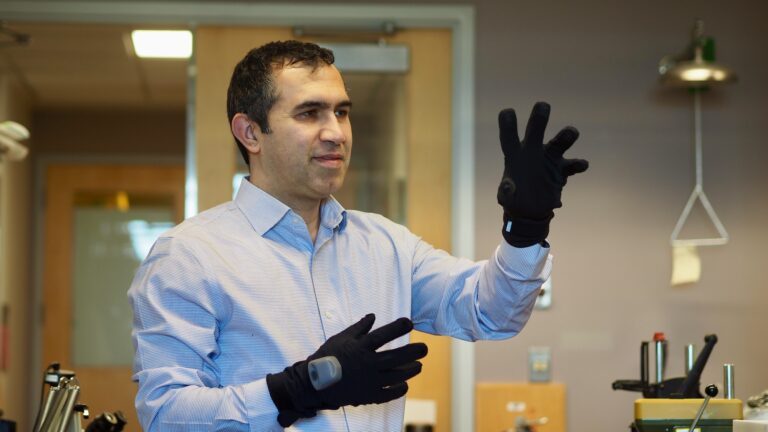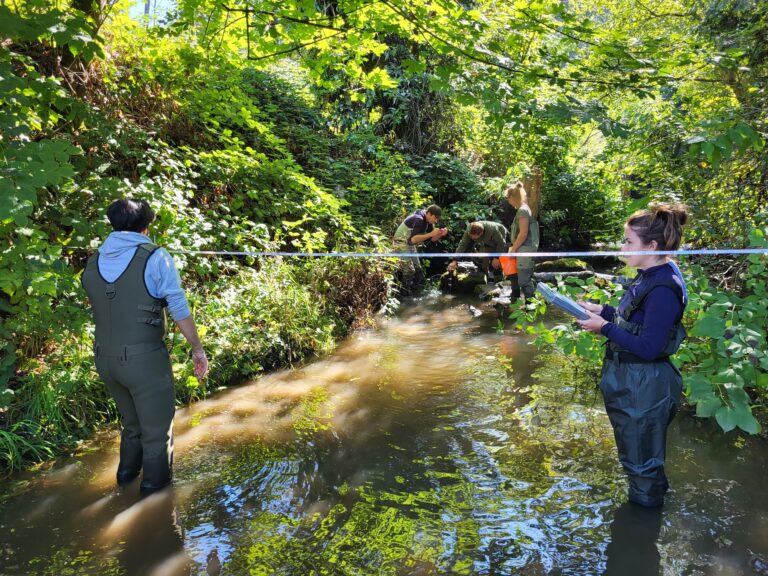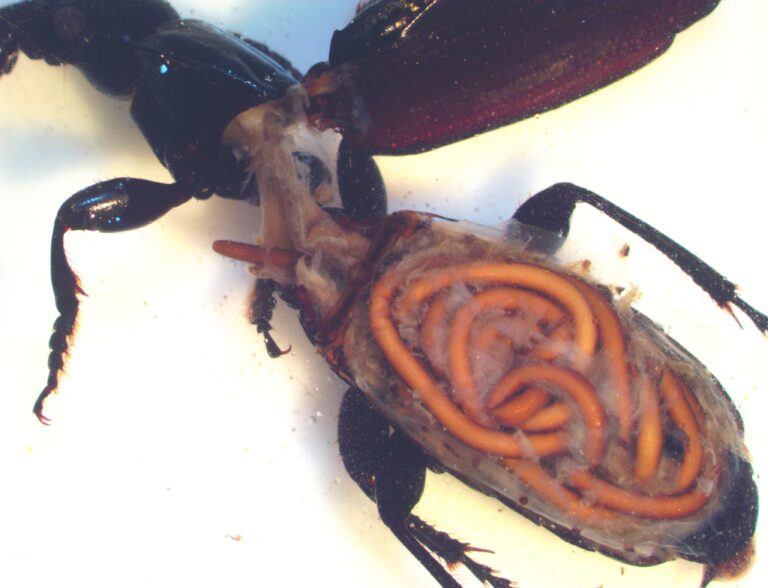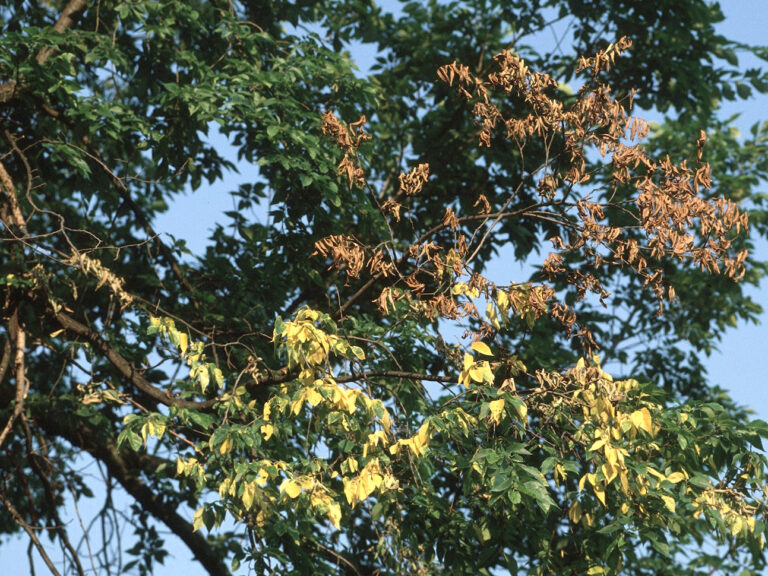Science & Technology
-

‘Smart glove’ can boost hand mobility of stroke patients
New smart textile technology developed at UBC in collaboration with Vancouver startup also has potential uses in virtual reality and ASL translation.
-

ChatGPT has read almost the whole internet. That hasn’t solved its diversity issues
In this Q&A, Dr. Vered Shwartz, assistant professor in the UBC department of computer science, and masters student Mehar Bhatia explain why reasoning could be the next step in AI—and why it’s important to train these models using diverse datasets from different cultures.
-

UBC-led initiative protects salmon against toxic road runoffs
In this Q&A, civil engineering researchers Dr. Rachel Scholes and Dr. Timothy Rodgers discuss 6PPD-quinone and the role of rain gardens in defusing its impacts.
-

New process for screening old urine samples reveals previously undetected ‘designer drugs’
The approach can support public health and safety by enabling swift identification of new substances, potentially saving lives and guiding timely clinical responses to drug-related emergencies.
-

Future leaders are learning how to tackle climate change in math class this year
UBC and UBCO math teachers who want to use their math skills for good have collaborated with climate scientists to bring the climate crisis into their classrooms.
-

UBC team deploys AI-powered robots for faster, safer construction
Learn how it works and what this means for the future of construction.
-

Cracking the code: Why songbirds are larger in colder climates
Scientists, including those from UBC forestry, use genome sequencing to find out.
-

Mind-control worms and eye-bulging fungus: real-life horror from nature this Halloween
UBC researchers share some gruesome parasites of nature, like worms that fill the entire gut of an insect to a fungus that grows from your nose to your brain.
-

Can AI nip tree disease in the bud?
The researchers at UBC's faculty of forestry hope to validate the concept through future field tests and are enthusiastic about its potential.



